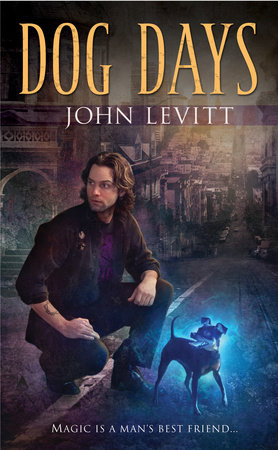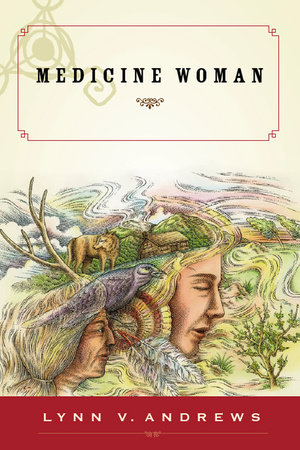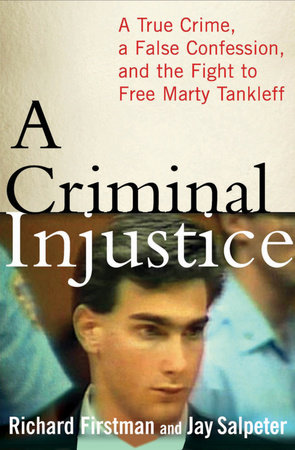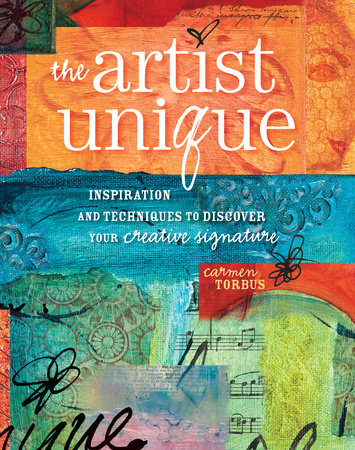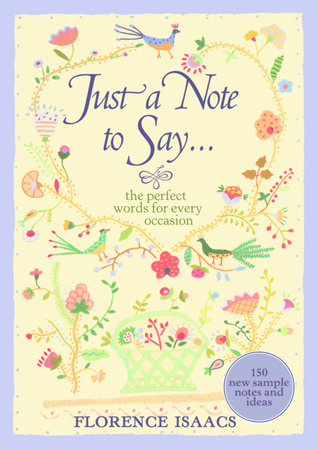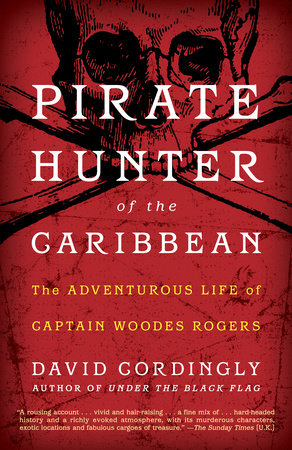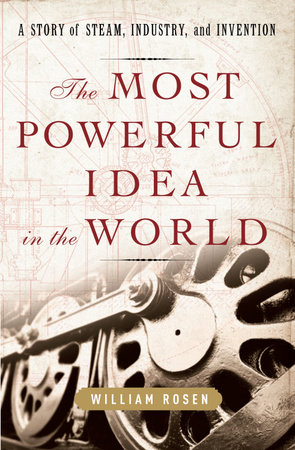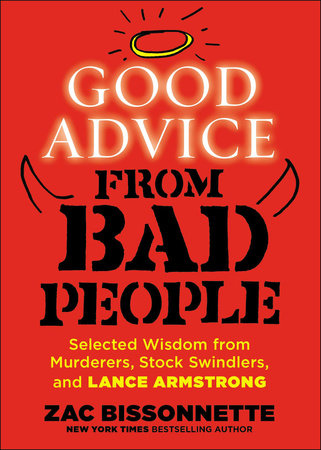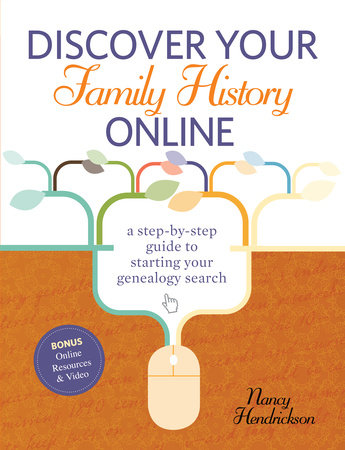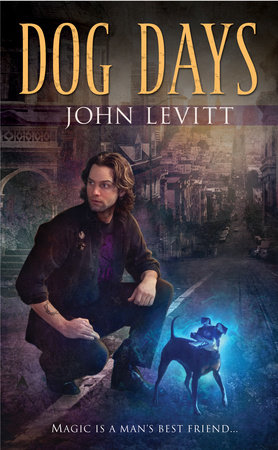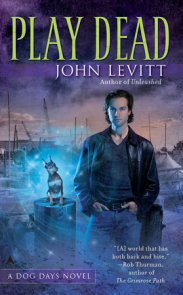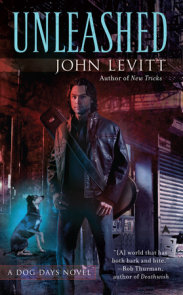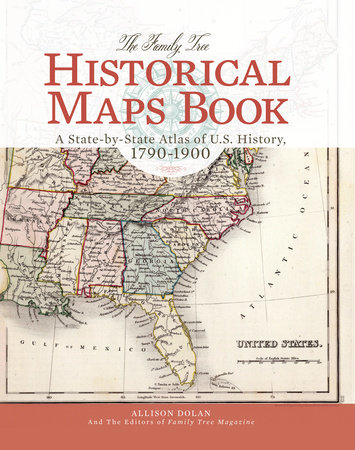Author Q&A
John Levitt is the author of Dog Days, a debut urban fantasy set in San Francisco. Mason, The narrator of Dog Days, used to be a magical enforcer, making sure those magic practitioners without a moral compass walked the straight and narrow. But he gave it all up for a quieter life as a musician, keeping his head down and hanging out below the radar with Louie, his magical… well, let’s call him a dog. Leaving a club one night, Mason and Louie are attacked by an assailant who is most definitely of the supernatural persuasion, and Mason realizes that somewhere in San Francisco, a powerful practitioner has decided that for Mason, keeping a low profile is no longer an option…
Here, John answers some questions about dogs, urban fantasy, dissolute characters, and his musical prowess. If you want to read more about him, check out his web site at www.jlevitt.com.
In Dog Days, the main character has a kind of magical sidekick (or Ifrit) who appears as a miniature pinscher named Lou. Why a pinscher? Is there a real life inspiration?
There definitely was a model for the dog. My girlfriend has three dogs, all shelter pups, and the inspiration for Lou is a miniature pinscher who was found wandering the streets. I doubt he’s a purebred Min Pin, though.
Now of course everyone thinks their own dogs are the best ever, but this particular dog is . . . interesting. One of the things that gave me the idea for Ifrits came from taking him for off-leash walks in wooded areas. He’d disappear into some bushes and basically just vanish. I’d keep walking, keeping a sharp eye out for him, and just about the time I would start to worry, he’d reappear right behind me without my seeing where he came from.
I can’t for the life of me figure out how he does it. Which gave me the idea of a magical, or at least semi-magical creature as a companion to Mason
Your main character, Mason, is a musician, as are you. Who’s better?
Mason, absolutely. If I were as good a musician as he is, I probably would have never written anything—I’d be too busy playing gigs. Mason is loosely based on a jazz musician I know—not his personality, but in his ability and approach to music
I see very strong parallels to music in the process of writing. I’ve been known to go on about it at length until people politely tell me to shut up.
Before you wrote Dog Days, you wrote two crime novels without fantastical elements (Carnivores and Ten of Swords as J.R. Levitt). How would you compare writing urban fantasy with writing mystery
I found urban fantasy to be a lot harder, which surprised me. A mystery takes place in the real world—a shared experience where you don’t have to explain anything to the reader. Urban fantasy creates a whole set of new assumptions. You have to create a consistent world that’s like our everyday one, but with crucial differences. Then you have to weave the information into the story in a way that seems natural without explaining things every other page. And making the unbelievable seem normal and matter-of-fact, which is how I view a successful urban fantasy, is no easy task.
Most people don’t know that I spent seven years of my misspent youth as a police officer. My law enforcement background introduced me to plenty of cops, burglars, gang members, and various other lowlifes. It was no problem making them come to life on the printed page. Trying to give that same believability to a caster of spells or a supernatural being turned out to be a bit trickier.
What’s your favorite word?
Louche. The word has a Victorian flair and is the perfect description of a certain type of individual or neighborhood—shady, romantic, dissolute, and slightly seedy—unfortunately, it’s not a word I can easily work into my type of book.
Who are your favorite authors?
Impossible to answer, but here are a few that I love for different reasons.
John D. Macdonald, especially his Travis McGee mysteries. He did what I consider the hardest feat in genre—creating a character so three dimensional you believe he’s real. And you wish you knew him.
Ursula LeGuin’s Earthsea trilogy. An astonishing feat of imagination, compelling storytelling matched with complex themes.
The Berlin Stories, by Christopher Isherwood (The movie I Am A Camera and the musical Carousel were based on this book); for me, Isherwood’s writing is one of the premier examples of what’s been termed "invisible writing," where the prose is so clean and unobtrusive you forget you’re reading a book¡Xyou’re just experiencing a world. Sometimes prose is so beautiful that it makes you stop and marvel at the writer’s skill, and then there’s the invisible kind which just flows by unnoticed. That’s what I strive for in my own way.
Oh, and every Uncle Scrooge comic ever written by Carl Barks.
Do you have any advice for aspiring authors?
There’s no way to answer that without repeating cliches that have been heard a thousand times before. The one thing I would repeat is to simply write the very book that you would most like to read. And write. The more you write, the easier it is to get into the flow. No musician ever plays a gig without bothering to touch his or her instrument for a month, but writers seem to feel they can take two months off and jump back in without losing a beat. Maybe some can, but it’s not generally the way to go.
See? There’s that music comparison again.
